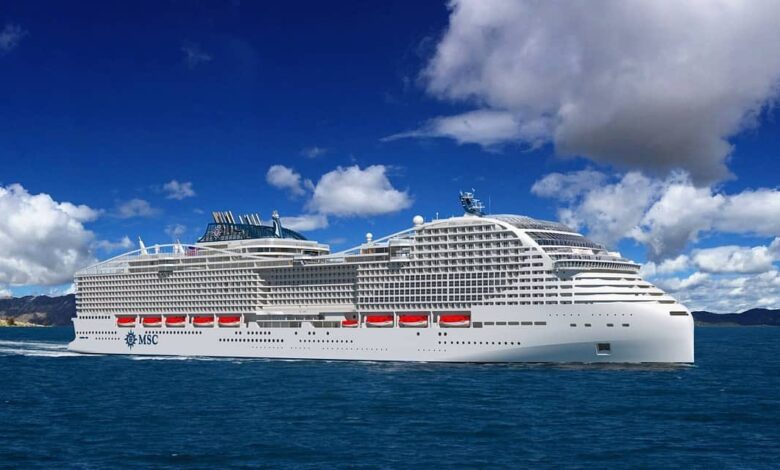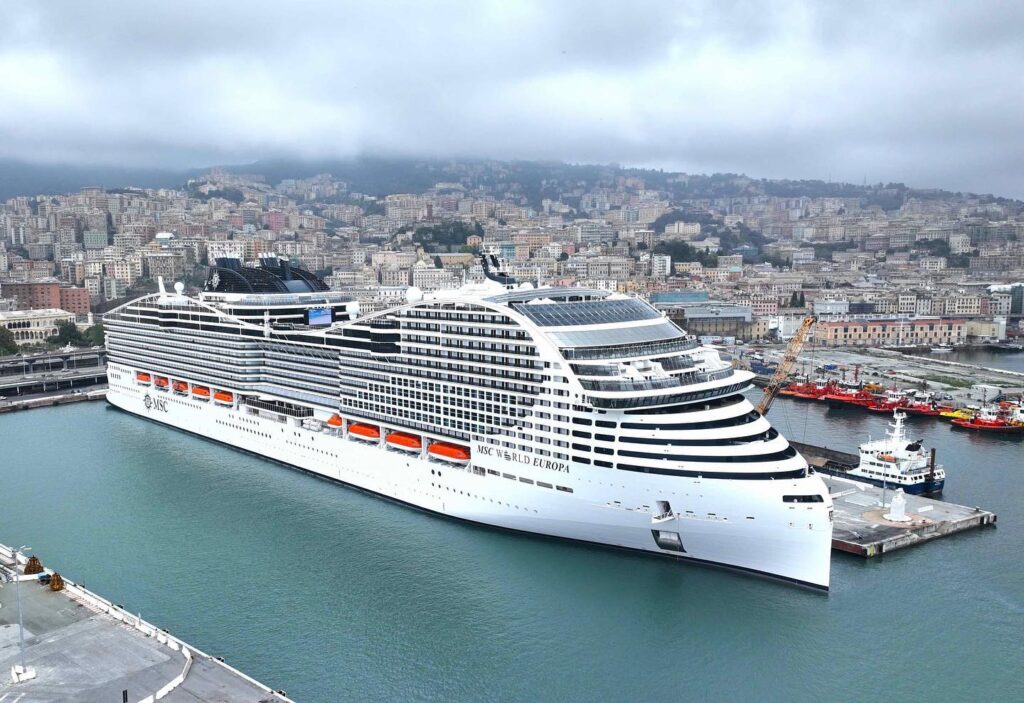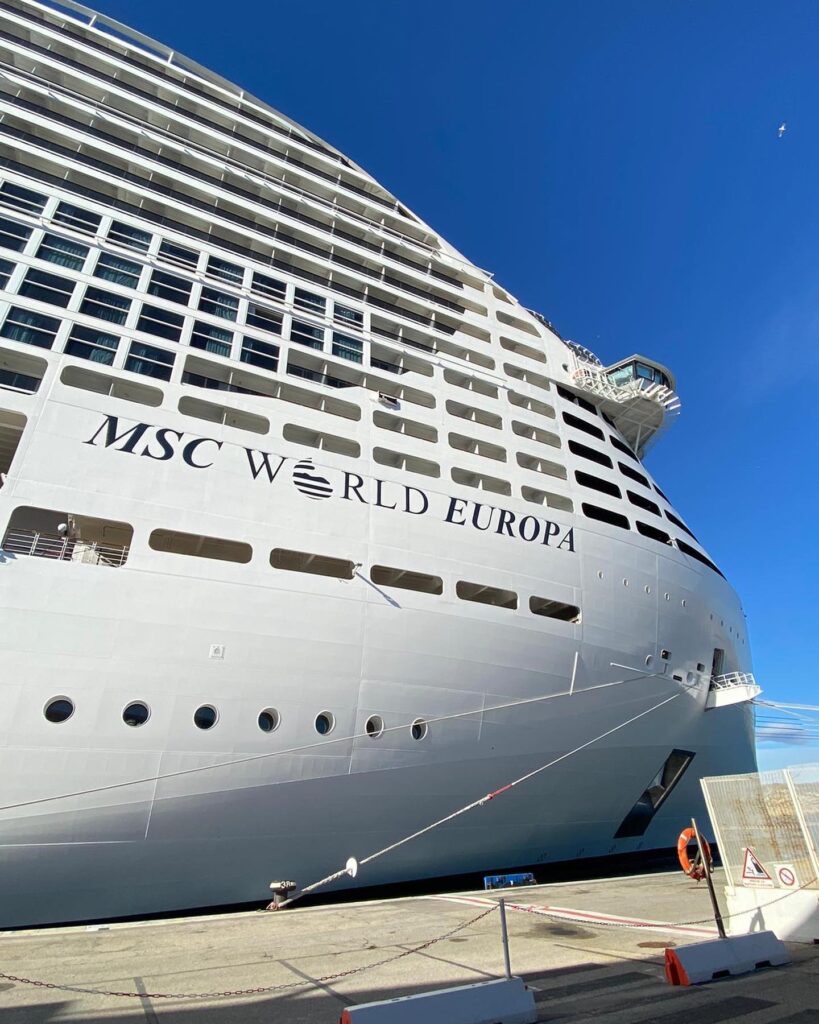Navigating Success: The Strategic Voyage of MSC Cruises

Navigating Success: The Strategic Voyage of MSC Cruises. In the vast ocean of the cruise industry, MSC Cruises has charted a remarkable course from a modest shipping operation to a global leader in leisure travel. This journey is a testament to strategic vision, innovative marketing, resilience, and sustainable growth. Entrepreneurs can glean valuable insights from MSC Cruises’ evolution, marked by pivotal milestones and adaptive strategies.
Humble Beginnings and Visionary Expansion
MSC Cruises’ origins trace back to the Mediterranean Shipping Company (MSC), established in 1970 by Italian seafarer Gianluigi Aponte. Initially focused on cargo shipping, MSC recognized the burgeoning potential of the cruise market. In 1988, the company acquired the liner Monterey, marking its entry into passenger cruising. This strategic diversification laid the foundation for what would become MSC Cruises.
Entrepreneurial Insight: Diversifying services in alignment with emerging market trends can open new revenue streams and reduce reliance on a single sector.

Fleet Expansion and Innovative Ship Design
Understanding that a modern and diverse fleet is crucial to attracting a broad customer base, MSC Cruises embarked on an ambitious expansion plan. Between 2003 and 2019, the company introduced 16 new ships, each incorporating innovative designs and amenities to enhance passenger experience. Notably, the MSC Seaside, launched in 2017, featured a revolutionary design with a waterfront promenade, connecting guests more intimately with the sea. By 2019, MSC Cruises celebrated its 20 millionth cruiser, underscoring the success of its fleet expansion strategy.
Entrepreneurial Insight: Investing in product innovation and aligning offerings with customer preferences can significantly enhance market competitiveness.
Strategic Marketing and Global Presence
MSC Cruises leveraged strategic marketing to establish a strong global presence. By emphasizing its European heritage and commitment to authentic experiences, the company appealed to travelers seeking cultural enrichment. Collaborations with renowned chefs and entertainers further elevated the brand’s profile. Additionally, MSC Cruises expanded its operations to key ports worldwide, including the introduction of new terminals and homeports, such as the planned terminal at Pier 16 in Galveston, Texas, set to open in 2025.
Entrepreneurial Insight: Building a brand that reflects core values and resonates with target demographics fosters customer loyalty and facilitates international expansion.

Resilience Amidst Industry Challenges
The cruise industry faced unprecedented challenges during the COVID-19 pandemic, with operations halted and consumer confidence shaken. MSC Cruises demonstrated resilience by implementing stringent health protocols and gradually resuming operations, restoring trust among passengers. The surge in “revenge travel” post-pandemic saw cruise sales in regions like Garden City more than double, indicating a robust recovery and pent-up demand for cruise vacations.
Entrepreneurial Insight: Proactive crisis management and transparent communication are vital in navigating industry disruptions and maintaining consumer trust.
Commitment to Sustainability and Innovation
In an era where environmental responsibility is paramount, MSC Cruises has committed to sustainable practices. The introduction of LNG-powered ships, such as the MSC World Europa delivered in 2022, exemplifies this commitment. LNG technology significantly reduces emissions, aligning with the company’s goal of achieving net-zero operations by 2050.
Entrepreneurial Insight: Integrating sustainable practices not only addresses environmental concerns but also appeals to eco-conscious consumers, enhancing brand reputation.

Lessons for Aspiring Entrepreneurs
- Strategic Diversification: Exploring new markets and services can mitigate risks and uncover growth opportunities.
- Innovation Investment: Continuously enhancing products or services to meet evolving consumer demands ensures competitive advantage.
- Authentic Branding: A brand that authentically represents its values and resonates with its audience fosters loyalty and trust.
- Adaptive Resilience: Flexibility and proactive strategies are essential in overcoming unforeseen challenges.
- Sustainable Focus: Committing to environmental and social responsibility can differentiate a brand and appeal to a broader customer base.
MSC Cruises’ journey from a cargo shipping company to a leader in the cruise industry illustrates the power of strategic vision, innovation, and adaptability. For entrepreneurs, this narrative serves as both inspiration and a roadmap for navigating the complexities of building a successful, resilient, and responsible brand.




